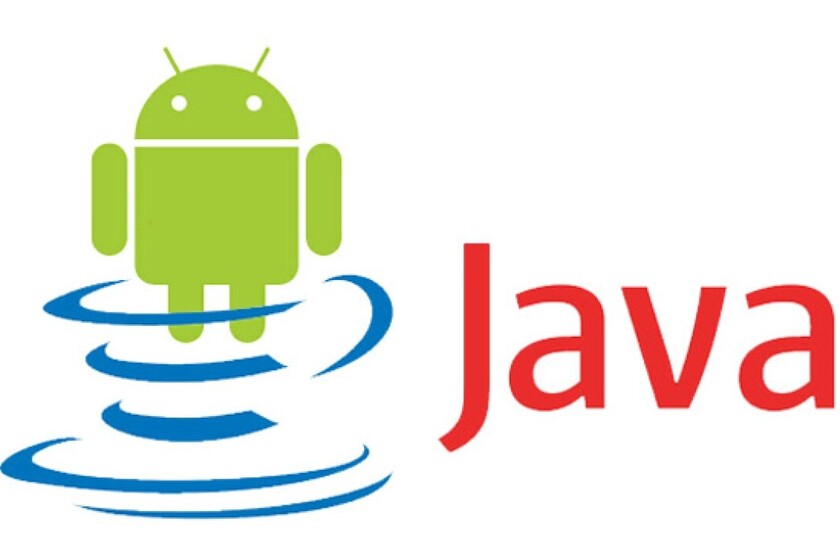It is according to some the judgment of the century: Oracle has been immersed in a legal battle with Google for more than a decade, and the reason is none other than the use that the latter company made of Java for Android development.
The case is an absolute reference when it comes to elucidating how copyright rules affect software development, and the United States Supreme Court has decided by majority (6-2) that Google is right and therefore the use of Java on Android is legitimate.
How far is there copyright in the software?
When Google developed its Android mobile platform (after buying the company of the same name from Andy Rubin) it included millions of new lines of code, but also based part of that development on 11,300 lines of code that were part of the Java platform code.
That prompted Oracle to demand that Google pay $ 9.3 billion in damages. For Oracle Android it violated the copyright of Java, but in Google they defended themselves arguing that the Java code was not creative, but purely functional: you couldn’t write what Java did otherwise.

At Oracle they disagreed, accusing Google of “committing an atrocious act of plagiarism.” After a decade of legal battle, it has been the Supreme Court of the United States that has intervened to finally decide in favor of Google. In sentencing, Judge Stephen Breyer explained the following:
“In reviewing that decision, we assume, for the sake of argument, that the material was subject to copyright protection. However, we contend that the copy in question constituted fair use. Therefore, Google’s copy did not violated copyright law. “
The legal battle between Google and Oracle has led to three lawsuits and two different appeals, and in the current case they wanted to decide whether those 11,300 lines of code that represented 37 different APIs they were violating the copyright of the Java code.
Although Google developed these APIs independently, they are clearly based on the equivalent APIs found in Java code. In Oracle they complained that the “structure, sequence and organization” of that code was identical, and they asked that justice give them the reason.
In 2018 a court of law ruled in favor of Oracle indicating that the use of that code was not legitimate and that opened the door to the payment of that fine for damages, but today’s court decision rejects that option.
Oral defenses to these arguments were made in October 2020, and Judge Stephen Breyer compared Oracle’s lawsuit regarding those APIs with try to assign copyright to QWERTY keyboards. “If you let someone have the copyright on that, they would control all typewriters, and that is not the purpose of copyright,” he said then.
Kent Walker, SVP of Global Affairs at Google, explained the impact of this decision In the official statement of the company after the court ruling:
“The clear Supreme Court ruling is a victory for consumers, interoperability and computing. The decision gives legal certainty to the next generation of developers whose new products and services will benefit consumers.”
For its part, those responsible for Oracle have published the following statement, signed by Dorian Daley, Executive Vice President of the company:
“Google’s platform has gotten bigger and their market power has grown, the barriers to entry into the segment are now higher and the ability to compete lower. They stole Java and spent a decade litigating as only a monopolist can. This behavior is exactly why regulatory authorities around the world and in the United States are scrutinizing Google’s business practices. “
Update (06/04/2021): topic expanded with the statement issued by Oracle.
More information | US Supreme Court (PDF)
